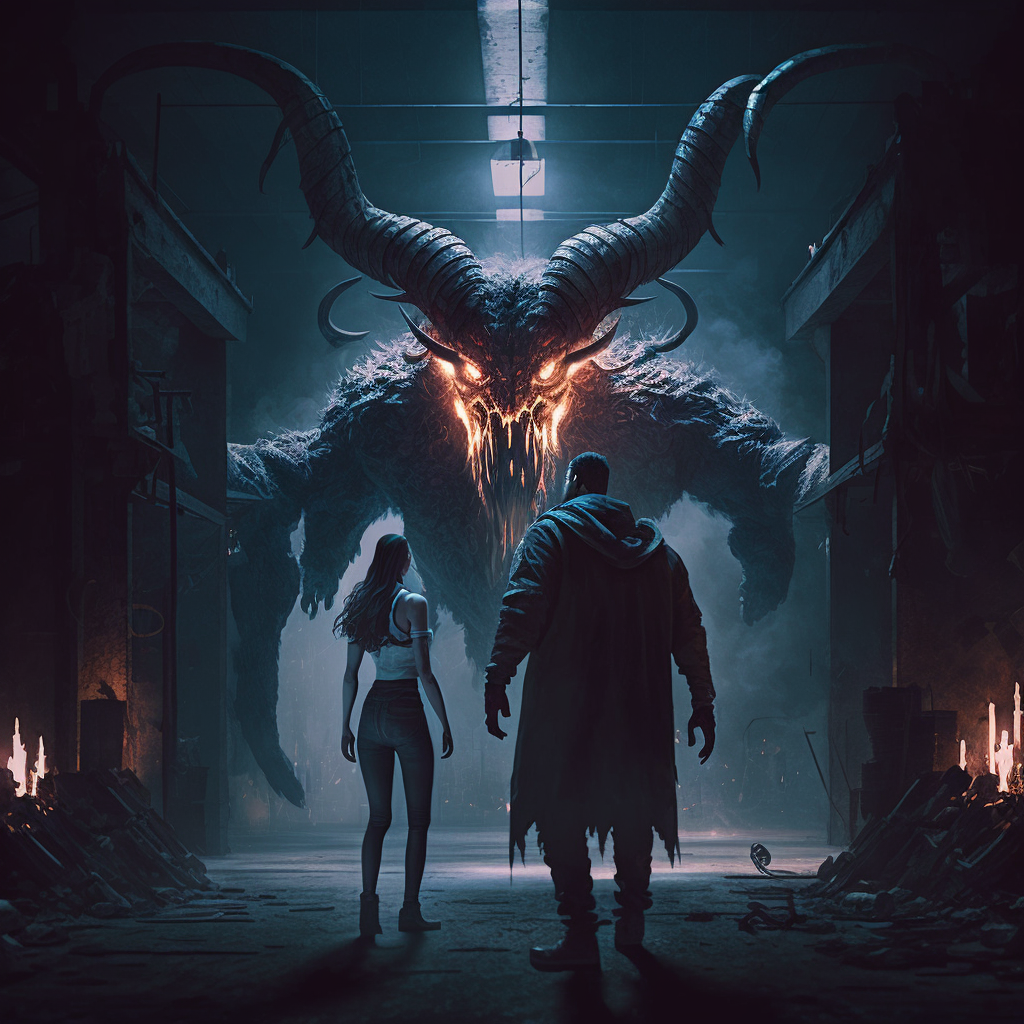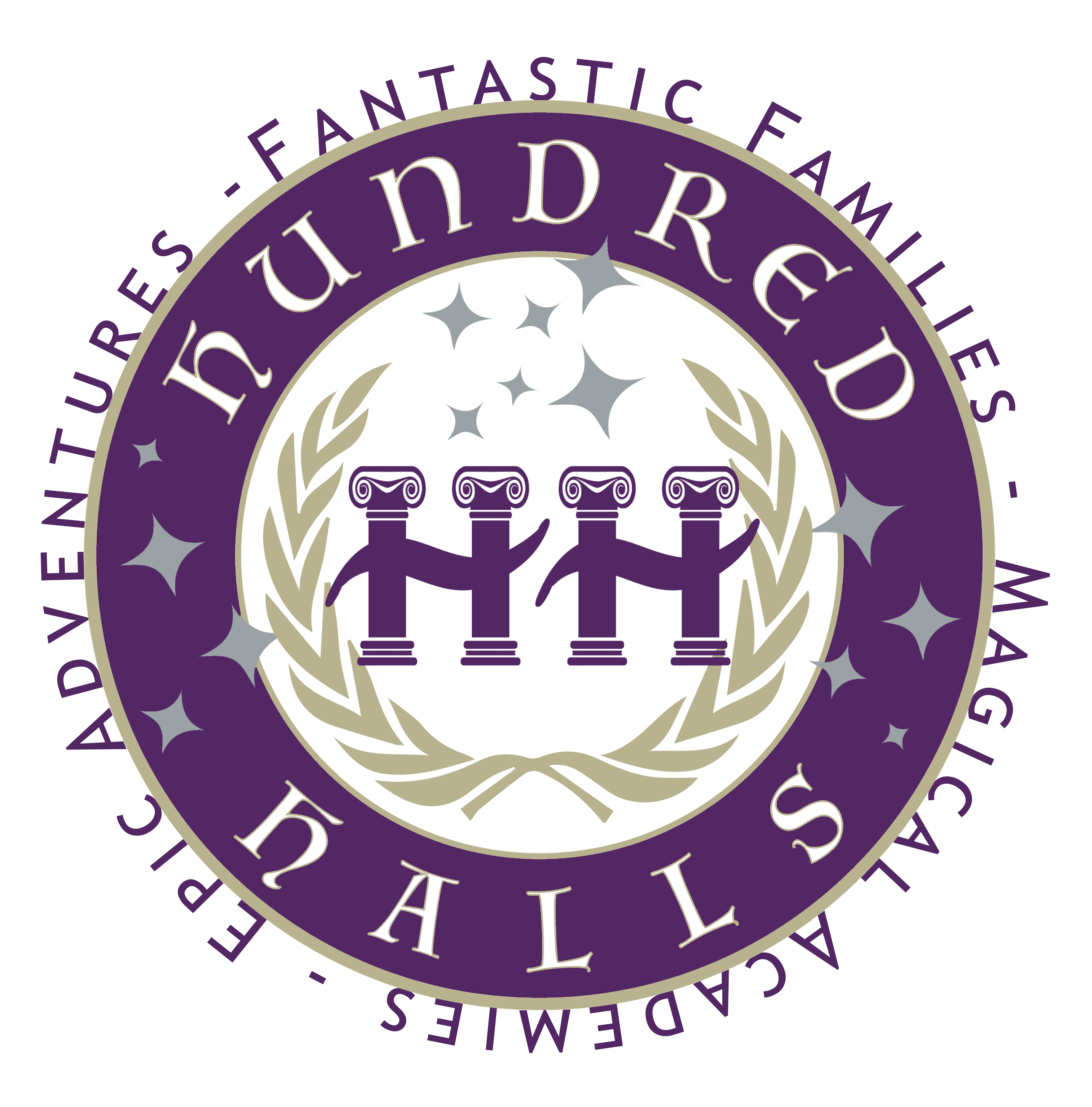As probably most of you are aware, the prevalence of AI generated information (writing, visual arts, audiobooks, chatbots, etc.) has upended a number of industries. These technologies are new and untested from a legal perspective as well as an ethical one. I've been studying, and/or, using some of these technologies in various forms. While I reserve the right to change my mind as more information comes out, I wanted to let you know what my stance on these AI tools are at the current moment.
The first, and most important, topic is AI generated writing. I can tell you unequivocally right now that I will NOT use AI to write my stories. While there are other types of AI I'm willing to use and I'll explain which ones, AI writing is not one of them. Ever. This is for many reasons. The first and most important one is that it would not be me writing the book. I chose to be a writer because I like to write. Period. This is an area I won't be changing my mind on.
In addition to my personal stance, there are also thorny legal issues. An AI written Hundred Halls book would likely not be protected by copyright. This could destroy my IP and my business. I also don't believe that it would be near as good of quality. And even if it could mimic my exact style and quality, I still wouldn't be interested. This doesn't mean I don't think that AI writing tools don't have a place in society, but for me, I will not be using them for writing my books. So know that when you're reading a Hundred Halls, or any other of my books, it's 100% me behind the keyboard.
On the topic of AI narration, I'm sure many of you have seen the Hundred Halls series in audiobook. That is 100% narrated by an AI. At this moment, creating audiobooks using human narrators is prohibitively expensive and the quality of AI narration is quite high, so I'm happy to use the service that Google Play offers. But I will clearly label them "digitally narrated" and will price the AI narrated audiobooks lower than human narration to reflect the difference.
The next, and probably most controversial use of AI at this moment, is for artwork or other visual medium. Midjourney and versions like it can create amazing artwork just by typing in a few key phrases. There are TONS of legal and ethical issues related to using this kind of AI generated art, many of which will take years to work through. The biggest issue is that the creators of the AI used images from the internet to train their AI, including artwork that was not authorized by its creators to be used. The legal issues aren't yet resolved, but the ethical ones are at least a little clearer. Right now, I'm using Midjourney to create images for my TikToks and some interiors for books, but nothing else. As well, I'm not using any artist names to copy styles, only letting the AI give me generic styles. This is an area that I'm unsure about and as I learn more about how the images are generated, I may or may not continue using Midjourney. The line between "inspiration" and "plagiarism" is difficult to discern without a better understanding of how the AI works. Every artist in the world is inspired by other artists, but when it's a direct copy, then it becomes an issue.

An example of an image created by midjourney
The last issue I want to speak about is the ChatGPT, which is a conversational chatbot that can answer questions to a medium accuracy. I haven't used it at all, but Rachel has been using it occasionally for marketing materials. Usually they're not 100% good enough to use directly, but she's used them as inspiration, or to take pieces from. For us, ChatGPT isn't too thorny of an issue for marketing materials so we're going to continue its use.

An example of prompts used in ChatGPT
Those are my current stances on AI generated materials. If you have thoughts or would like to express your opinion on them to me privately, I'm happy to discuss by email. As I said, I'm not 100% on these stances and your input is valuable to me.

I’ve used Midjourney and ChatGPT and I love them.
At the worst, you can use Midjourney to create a mockup for your artist, since describing what you need and going back and forth can be frustrating and time consuming. I’ve seen someone use it to test how different cover mockups would perform on Facebook. You can use it in a way that doesn’t “steal jobs from artists”, but actually makes things easier for both parties.
ChatGPT is awesome. I wouldn’t let it write my prose either, the writing is too telly and the dialogues are extremely literal, and they sound absolutely awful ?. But the thing is great for bouncing off ideas. I can ask it things like “give me five ideas for creatures based on vampires”. I can ask it to give me an idea for a whodunit, together with all the suspects and red herrings and whatnot. I can ask it to describe a medieval castle kitchen for me, so I don’t have to go hunt for photos online. I can give it a story idea and ask it to outline it for me. It can write pretty decent blurbs. Lately, I’ve also been using it for line edits. I don’t let it rewrite my stuff, but it is rather good at replacing weak words with stronger ones, things like that. I look at the suggestions and pick the parts I like. It saves me having to dig through a thesaurus. Basically, it’s like having a writing buddy who’s always available to bounce ideas off of. They’re not great ideas, but they spark your imagination.
Also, I’ve used it recently to “enhance” my self performance review at work ?. It is fluent in Corporate Speek ?.